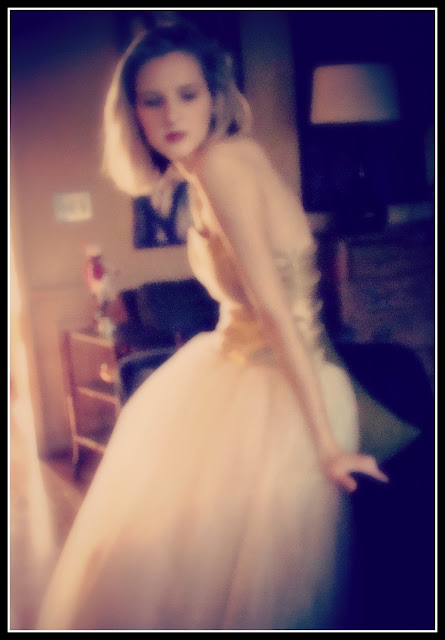Vicki Archer and French Essence
This post is going to be a bit different from the others. It started to form in my head this morning after I read "French Essence," a blog by Vicki Archer who lives and writes about her life in Provence, with exquisite photographs of her house and garden, and occasionally of her travels.
This week, she is off to Saint Tropez for a visit with friends, and I am going with her (in my mind). I can hardly wait to see her photographs of a village in the south of France that played such a big part, at one time, in the life of Colette, my old favorite. A French woman writer in the middle of the 20th century, Colette wrote endlessly to support herself, mostly about her love affairs.
Colette and Saint Tropez
And that brings me to my interest in Saint Tropez, on the Cote d'Azure, between Cannes and Marseilles. It was in Colette's time little more than a fishing village, which has since turned into a playground for the "rich and famous."
La Treille Muscate (the climbing grape vine) was what she called her house near Saint Tropez, and she shared it with the man who would become her third husband, Maurice Goudeket.
I want to use this post to pair some of my own photographs with quotes from Colette:
"I'm not ashamed of what I have had, and I am not sad because I no longer have it."
"Smokers, male and female, inject and excuse idleness in their lives every time they light a cigarette."
"A woman who thinks she is intelligent demands the same rights as men. An intelligent woman gives up."
"Boredom helps me to make decisions."
And now, I think I'll read a little before I go to bed: A LIFE OF COLETTE, by Judith Thurman ought to do the trick.



























